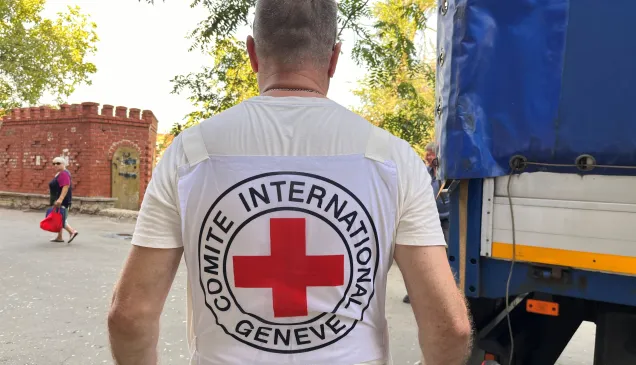International humanitarian law is the set of rules which, in times of war, protect those who are not, or no longer, taking an active part in hostilities, and limit the choice of methods and means of warfare. It applies both in situations of international and non-international armed conflict. The main instruments of international humanitarian law are the Geneva Conventions of 12 August 1949 for the protection of war victims. These treaties, which are universally accepted, protect the wounded, the sick, the shipwrecked, prisoners of war and civilians who find themselves in enemy hands. They also protect medical duties, medical personnel, medical units and facilities, and the means of medical transport. However, the Conventions leave gaps in important areas, such as the conduct of combatants and protection of civilians from the effects of hostilities. To remedy these shortcomings, two Additional Protocols were adopted in 1977 and, a third Additional Protocol was adopted in 2005. They supplement, but do not replace, the Geneva Conventions of 1949.
Download
PDF file
1.05 MB



